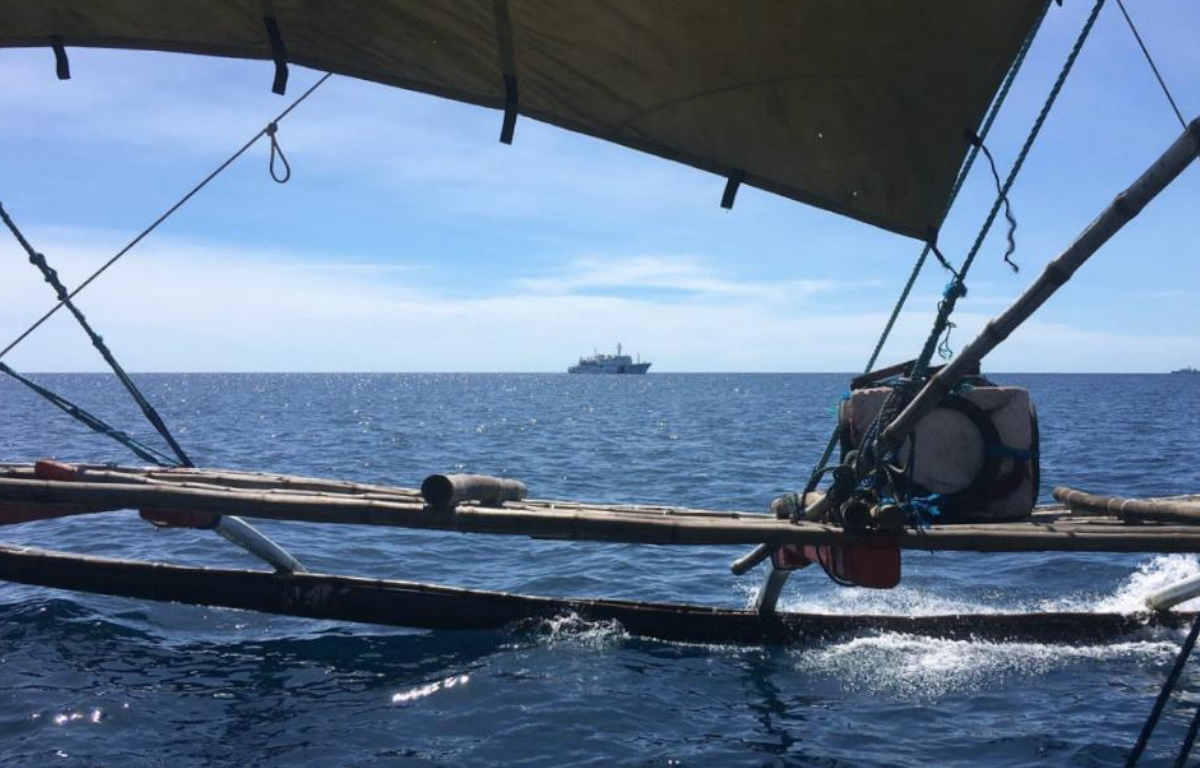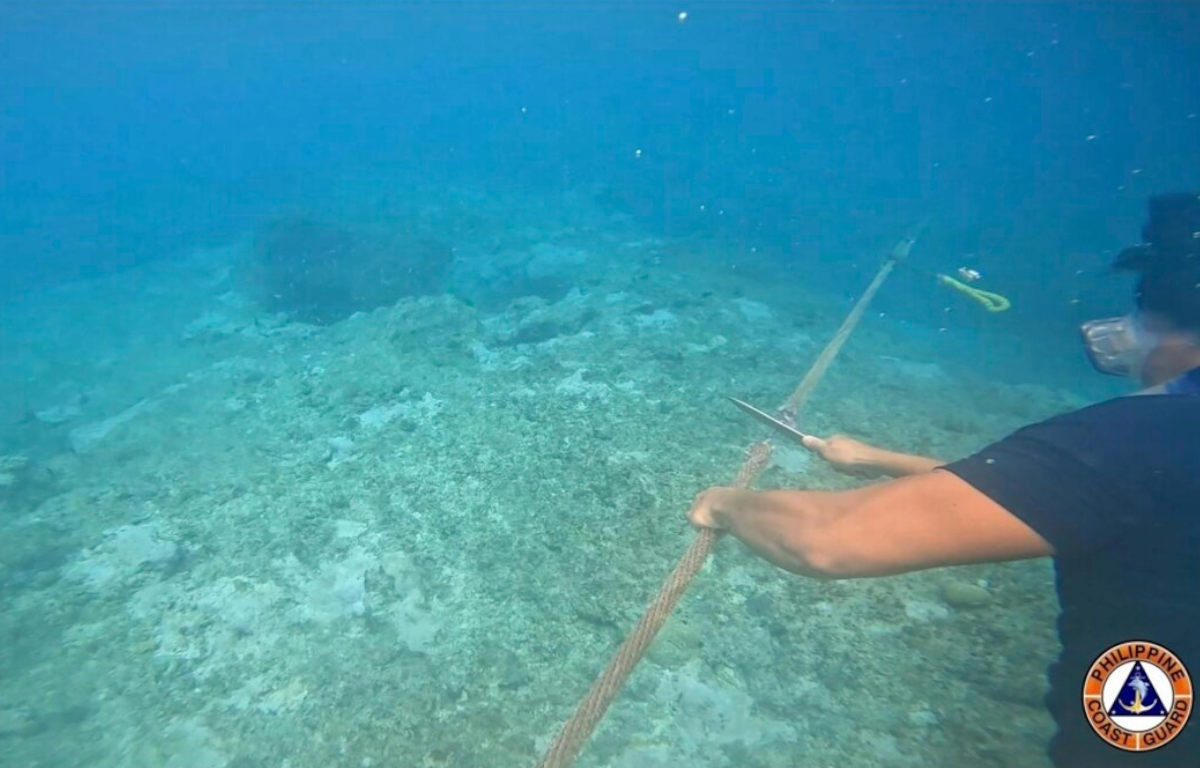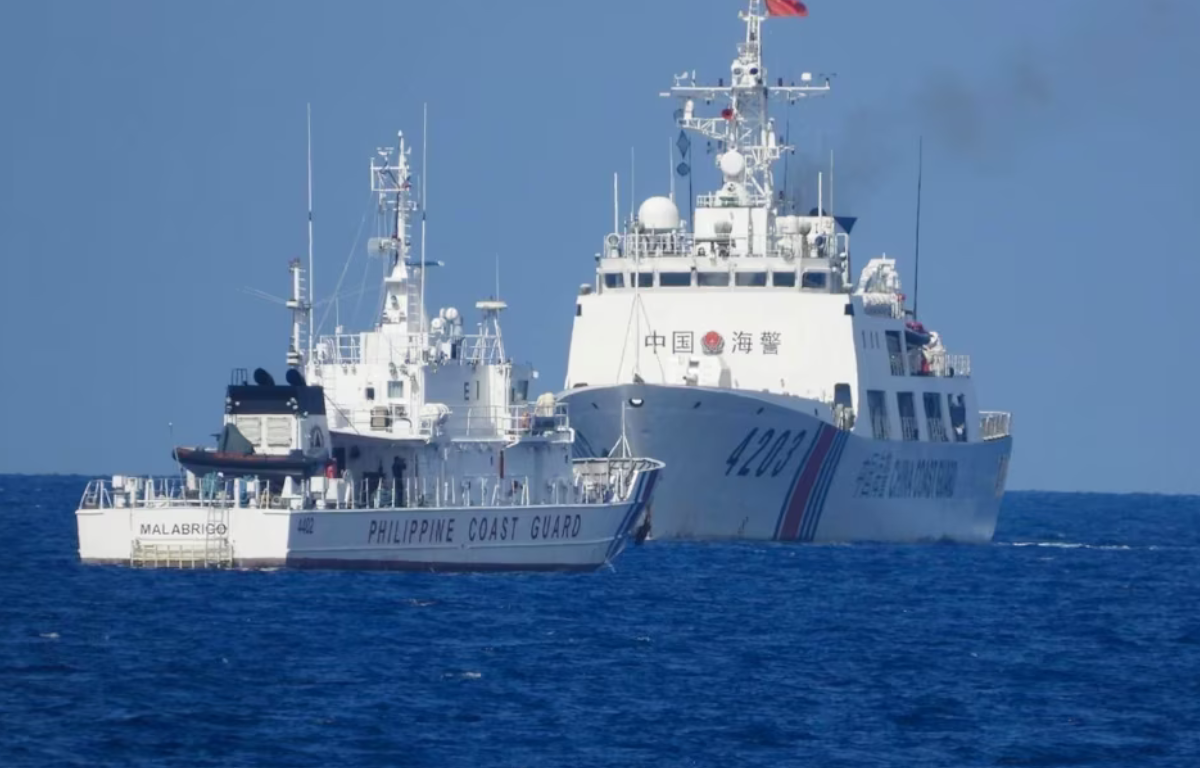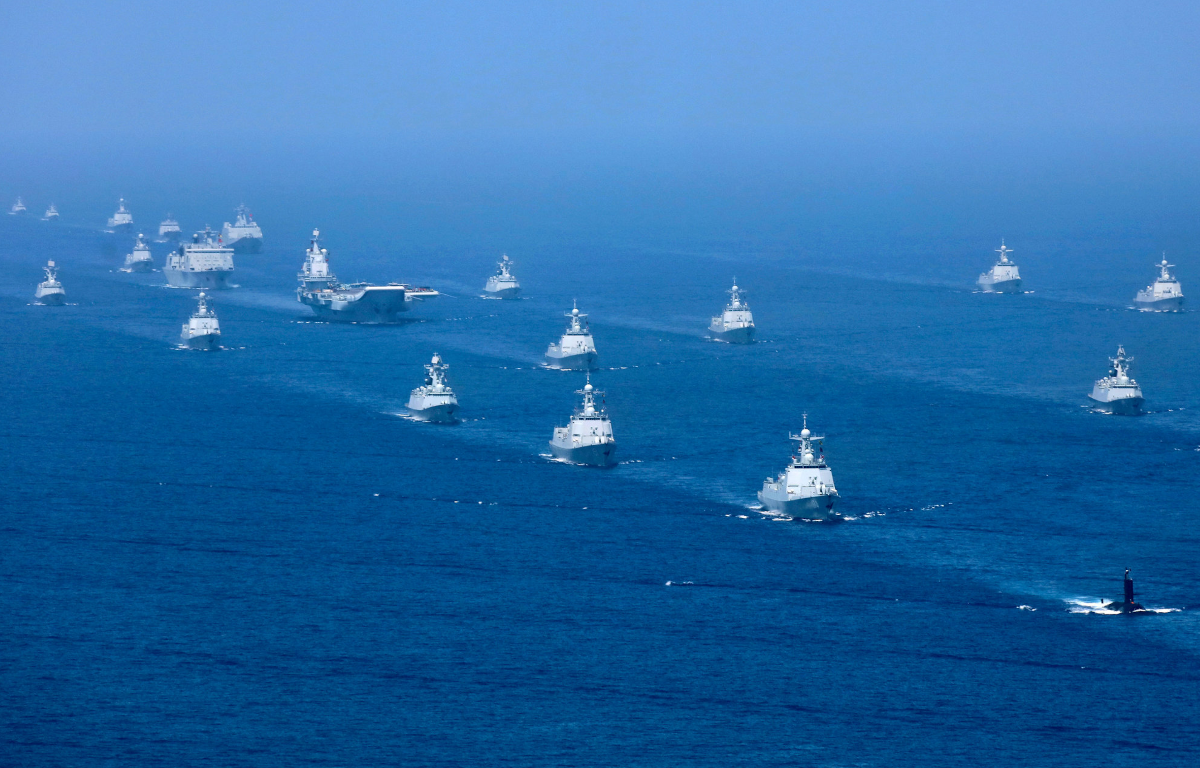
Pag-Asa Island, situated within the Spratly archipelago, remains a contested territory claimed by both the Philippines and China. The Philippine Navy’s BRP Francisco Dagohoy, responsible for asserting sovereignty, embarked on a routine visit to the island for resupply and maintenance purposes. However, this visit did not go unnoticed, as a Chinese navy vessel closely monitored its activities.
The shadowing maneuver executed by the Chinese navy raises concerns about their intentions and actions within the South China Sea. Previous instances of similar encounters have heightened tensions and created a sense of unease among claimant countries. It underscores the deep-rooted territorial disputes and the complexity of resolving issues in the region.
The South China Sea is a hotbed of territorial conflicts involving multiple countries, including China, the Philippines, Vietnam, Malaysia, and Brunei. China’s expansive claims, represented by the contentious “nine-dash line,” have provoked significant disputes, encroaching upon the exclusive economic zones of neighboring nations. The shadowing incident near Pag-Asa Island highlights the ongoing struggle for control over the contested waters.
Upholding international law, particularly the United Nations Convention on the Law of the Sea (UNCLOS), is crucial in such situations. UNCLOS provides countries with the right to freedom of navigation and the utilization of natural resources within their exclusive economic zones. The presence of Chinese navy vessels shadowing Philippine vessels raises concerns about potential violations of these rights, emphasizing the need for peaceful resolutions to the disputes.
Addressing territorial conflicts in the South China Sea necessitates diplomatic efforts and regional engagement. The Association of Southeast Asian Nations (ASEAN) plays a significant role in promoting dialogue and fostering confidence-building measures among claimant countries. Achieving peaceful resolutions that respect the rights of all nations involved is vital for regional stability, ensuring freedom of navigation, and upholding UNCLOS principles in this geopolitically significant area.










Share this: